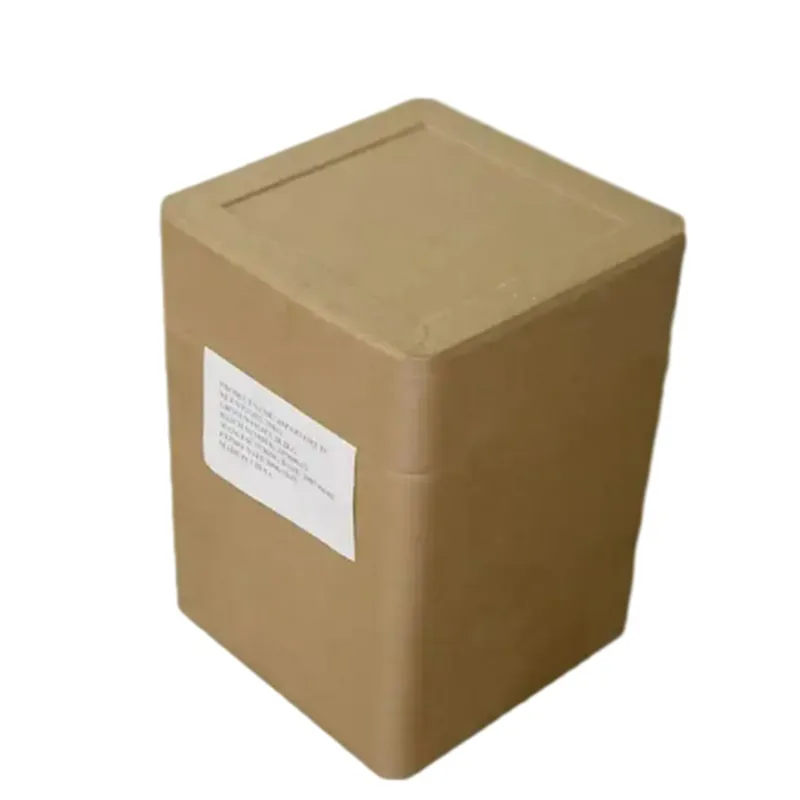
e282 food additive
Understanding E282 The Food Additive
Food additives play a crucial role in modern food processing, enhancing flavor, improving appearance, and prolonging shelf life. Among these additives is E282, known as calcium propionate. This organic compound is widely used in the food industry, particularly in baked goods, to prevent mold growth and increase product durability. In this article, we will explore what E282 is, its applications, benefits, safety concerns, and its role in today’s food production.
What is E282?
E282, or calcium propionate, is a calcium salt of propionic acid. It appears as a white crystalline powder and is classified as a preservative. This additive is primarily used for its antifungal properties, which inhibit the growth of molds and bacteria, especially in bread and other baked products. It is often used in products that require longevity on store shelves, ensuring that they remain fresh for consumers.
Applications of E282
The primary application of E282 is in baked goods. It is commonly found in bread, rolls, muffins, and other products that might be susceptible to mold. By adding calcium propionate, manufacturers can extend the shelf life of these items without compromising their flavor or texture. In addition to bread, E282 is also utilized in processed cheese, meat products, and some dairy items. The versatility of this additive makes it a popular choice among food producers aiming to deliver quality products with minimal waste.
Benefits of E282
The use of E282 offers several advantages to both manufacturers and consumers. Firstly, it helps maintain the safety and quality of food products. By preventing mold growth, E282 contributes to reducing food spoilage, which is not only a financial benefit for producers but also reduces food waste, a significant issue in many societies.
e282 food additive

Secondly, E282 allows for the delivery of fresher products to consumers. When bread and other baked goods stay mold-free for a longer period, they can remain on store shelves longer without loss of quality, ensuring that customers receive fresh-tasting items.
Moreover, the use of E282 is tightly regulated. In many countries, including those in the European Union and North America, there are strict guidelines regarding the permitted levels of this additive in food products. This regulatory oversight provides additional assurance regarding its safe use in food production.
Safety Concerns
Like many food additives, E282 has undergone extensive safety evaluations. Regulatory agencies such as the Food and Drug Administration (FDA) and the European Food Safety Authority (EFSA) have determined that calcium propionate is safe for human consumption when used within established limits. However, some individuals may have sensitivities or allergies to specific additives, including E282.
Moreover, while the health risks associated with E282 are considered minimal, there is ongoing debate among consumers regarding the use of synthetic additives in food products. Many people are now more health-conscious and prefer natural or organic foods. This trend has sparked discussions about the overall necessity of food additives such as E282 in our diets.
Conclusion
In conclusion, E282 (calcium propionate) is an essential food additive that plays a significant role in maintaining the freshness and safety of baked goods and other food items. While it brings many benefits to both manufacturers and consumers, the conversation surrounding food additives continues to evolve. As consumers become more aware of the ingredients in their food, the food industry must navigate this landscape by balancing safety, quality, and consumer preferences. As we move towards a more health-conscious society, understanding additives like E282 helps us make informed choices about the foods we consume.
-
Pure Sodium Dichloroisocyanurate Dihydrate | Powerful DisinfectantNewsAug.29,2025
-
Industrial Chemicals: Quality & Purity for Every IndustryNewsAug.28,2025
-
Nitrile Rubber Honoring Strict Production StandardsNewsAug.22,2025
-
Aspartame Ingredients Honoring Food Safety ValuesNewsAug.22,2025
-
Fertilizer for Balanced Plant NutritionNewsAug.22,2025
-
Cyanide Gold Processing with High Purity AdditivesNewsAug.22,2025
-
Formic Acid in Textile Dyeing ApplicationsNewsAug.22,2025
Hebei Tenger Chemical Technology Co., Ltd. focuses on the chemical industry and is committed to the export service of chemical raw materials.
-

view more DiethanolisopropanolamineIn the ever-growing field of chemical solutions, diethanolisopropanolamine (DEIPA) stands out as a versatile and important compound. Due to its unique chemical structure and properties, DEIPA is of interest to various industries including construction, personal care, and agriculture. -

view more TriisopropanolamineTriisopropanolamine (TIPA) alkanol amine substance, is a kind of alcohol amine compound with amino and alcohol hydroxyl, and because of its molecules contains both amino and hydroxyl. -

view more Tetramethyl Thiuram DisulfideTetramethyl thiuram disulfide, also known as TMTD, is a white to light-yellow powder with a distinct sulfur-like odor. It is soluble in organic solvents such as benzene, acetone, and ethyl acetate, making it highly versatile for use in different formulations. TMTD is known for its excellent vulcanization acceleration properties, which makes it a key ingredient in the production of rubber products. Additionally, it acts as an effective fungicide and bactericide, making it valuable in agricultural applications. Its high purity and stability ensure consistent performance, making it a preferred choice for manufacturers across various industries.





